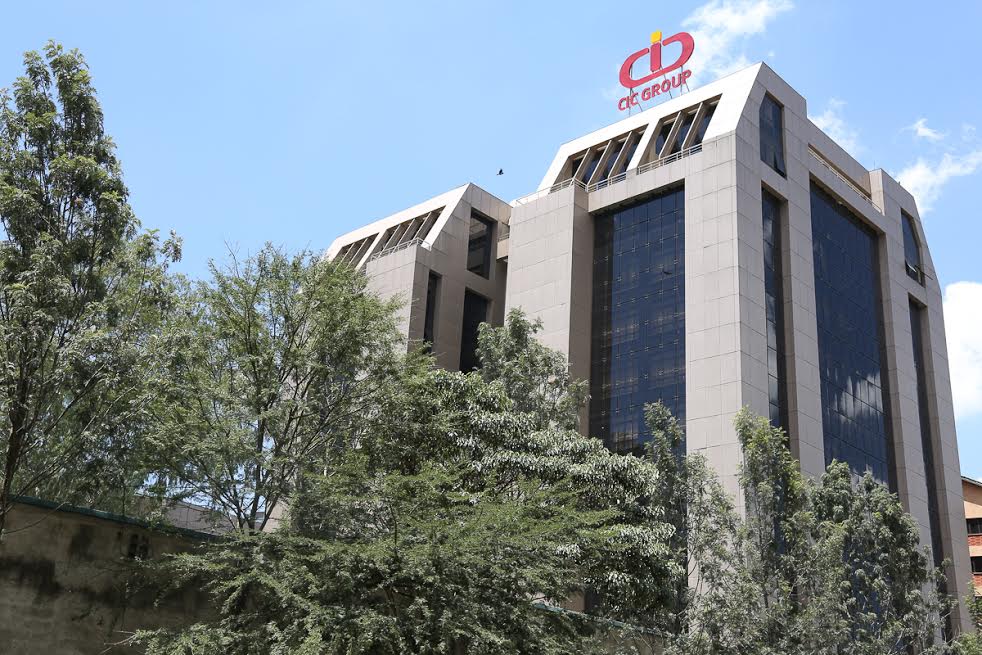What a week it must be for Safaricom chief Bob Collymore. The CEO’s return to active duty has seen him defend the company in Parliament and then watch on as closest competitors Airtel launch an offensive by slashing call rate charges by almost half.
There was a time when nothing major happened within the telecommunications industry. Safaricom was the dominating force in the telco battle (it still is) and life looked dire for its main challengers. Now however, the fight has intensified as main contenders Airtel continues to launch new offensives.
Safaricom has weathered any storm of yesteryears and has established itself as the country’s top mobile phone operator. A lot of that has to do with its pioneer mobile money transaction platform M-Pesa which has completely revolutionised how money changes hands in Kenya. That and the proverbial “peculiar calling habits” of Kenyans that Michael Joesph alluded to during his time at the helm of Safaricom.
RELATED : BOB COLLYMORE : SAFARICOM DOES NOT FORCE ANYONE TO JOIN
Of late however, the giant telco has been taking hits. A major one was during last year’s extended electioneering period when then opposition leader Raila Odinga called on his supporters to “resist” Safaricom and switch over to Airtel. This caused a major dent in Safaricom’s business, a factor that even culminated in Safaricom dealers coming out to say the boycott was harming the economy.
Then, even as its CEO was away on medical leave, questions arose as to whether the leading mobile phone operator was abusing its dominance. Players from within the sector want Safaricom declared a dominant player meaning it could fall under regulatory scrutiny.
The latest aggressive sees Airtel offer Ksh2 per minute across all mobile phone networks. The move could pile more pressure on Safaricom to consider revising its voice call rates.
Any other time and Safaricom would probably have shrugged off Airtel’s latest move as a non-starter. In the past, industry players have even introduced free call rates and charged nothing for messaging services. None of these moves raised a hair against Safaricom’s status as the market leader.
RELATED : AIRTEL ON SAFARICOM DOMINANCE : NOT FOR US TO DECIDE
But Airtel is now shifting the battle to voice calls even as it promises to launch new products. Customers will be watching to see whether Airtel increases its relaiability on mobile internet data, and whether it cracks the mobile phone money platform code.
With some goodwill among subscribers still in need of salvaging following the SIM Swap scandal, Safaricom may have to look nervously over its shoulder. Numbers show that Safaricom’s market share — which at times stood at 80% — is now at around 67%. Airtel is a distant second but at 28.7% hopes to grow its subscriber base further. Slowly but surely, Airtel is closing the gap on Safaricom.













3 Comments